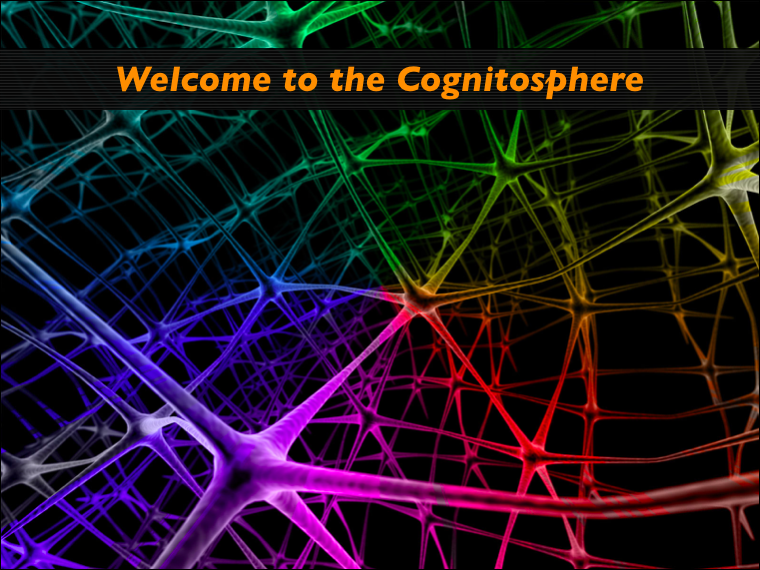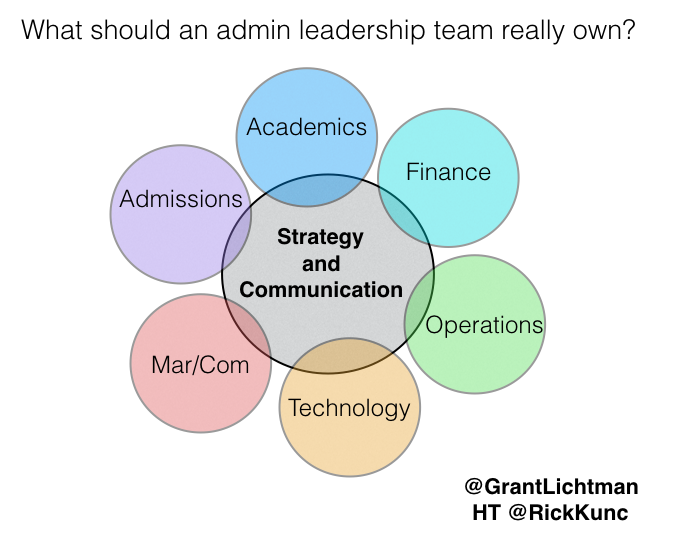What is the nature of learning, as opposed to the nature of education? Holly Chesser, with SAIS, posted a story yesterday about a high school math student who, two weeks into the semester had already pretty much given up any future in math. She just was not grasping some foundational construct, and in math, you just keep getting further behind. The teacher charged on. Holly is frustrated. Is this what we are all working so hard for?
Go to her post and read the story; it is short, eloquent, and will resonate with you. Her final comments are:
“If we haven’t convinced teachers and administrators that the classroom should be first and foremost a place of learning, then we are never going to transform the student experience. The raison d’être of every technology device, every opportunity for professional development, every new initiative must be to increase student learning. Why haven’t we been successful in getting that message to resonate? Do we need to come up with a new strategy?”
Holly shot me an email and asked me “Are we spending a lot of time as education advocates cooking up delicacies when some (maybe the vast majority) of these kids just need bread?”
Here is my response:
I don’t think you are wrong, Holly; I think you are spot on. I have always believed that our challenge is to teach students how to learn more than it is to teach students what to know. Hopefully the world is starting to come around to that idea. I have picked up from Bo Adams the habit of talking about “learning” rather than talking about “education”. This was the basic premise and genesis of The Falconer 30 years ago: if we don’t want to learn, we won’t. There are steps that have to be in place before stuff like problem solving, which is where traditional education starts. It leaves out all the steps that entice people (students and adults) want to learn, not give up, fight hard even when they don’t get it. Great teachers create the path for their students to do all those things.
The concept is really simple. What is hard is that we all resonate to different rhythms and frequencies. So a teacher, who has to teach dozens or scores of students, has to find a set of rhythms and frequencies that work both for the individual and for the group. This is not easy, but it is doable; just ask John Hunter or any other really great teacher. And just because it is hard does not make it wrong; in fact it makes it right. Just ask John F. Kennedy (we all recall his speech about why America needed to go to the moon).




Holly’s post was very good. I find her to be an extraordinary writer. And I admire her reaching out for context with several nodes in her network. That behavior is such a model for truth seeking and wanting to learn and know.
In reading Holly’s story, I could feel that sense of heartbreak for the student. I hated that the experience served as more of a gate-keeping than an invitation to learn more.
Here, in your post, Grant, I love the idea of “rhythms and frequencies.” My mind is racing for metaphors that capture the key elements. I keep coming back to the difference between scripted music and improvisation. Two past learning experiences come to mind for me. In one, in a TED talk, a jazz musician explains how his quartet must respond to each other in three-way and four-way conversation with the instruments. For any one of them to feel in the “lead” (or teacher) role would be inadequate. All of them are teaching and learning simultaneously and synchronously. There are at one time listener and speaker. The second is a video about the book The Innovator’s Cookbook, in which the narrator describes the practice of another band to “play each other’s instruments.” They did so repeatedly to force each other into the uncomfortable space of not knowing. In this way, they developed more empathy and understanding for what each member was facing. To me, the greatest teachers are the most committed learners – those who know what it is like to not know…to be frustrated by not knowing…to be hurt by self-doubt. From such a place of empathy, we can serve learners better, because we better understand how we would want to be served.
I am rambling, but you have me thinking. And I am thankful for this riff on this rainy afternoon in Atlanta.